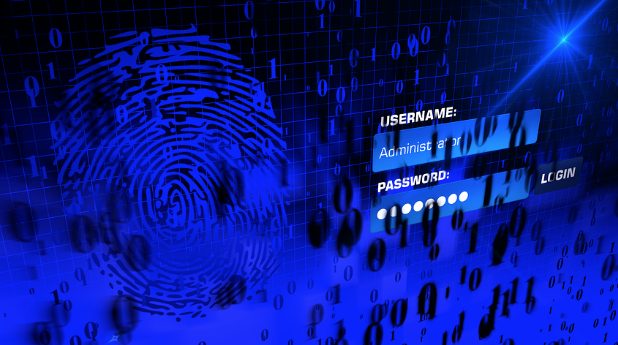Small businesses and at-home enterprises are flooding the commercial markets more every year. New business owners, who are responsible for every aspect of forming their new company, can fall short when it comes to IT security.
In many cases, running an online business or engaging in online commerce is new to many business owners. It comes with many exciting new possibilities and the ability to reach a much broader customer base but, it also comes with many risks.
We have all heard of the breaches in security at large corporations but, it’s not just big businesses that are targets for hackers. Small and medium-sized businesses can easily be targets for cybercriminals as they often do not have the highest standards of security in their systems.
There should be a minimum security protocol for all businesses to help protect them and their customers from any devastating data breaches. Professional IT firms like Eire Systems can help you get your network properly set up and in compliance with these minimum security protocols.
Educate All Staff
Every employee that has access to the business network should be properly trained in online security. From the CEO to the part-time assistant, security protocols need to be consistent to maintain a good first line of defense. Owners may want to consult an IT professional when they are setting up their network to help them train their new staff.
To ensure compliance and employee accountability you should have each member of your staff sign off on their training. This can help to establish an understanding that they are now responsible for following the protocols that are in place.
Firewalls
A strong firewall to protect your network is one of the best ways to protect yourself from hackers and damaging malware. Depending on the format of your business you may need to consider internal and external firewalls for the best protection. If you have staff that works off-site, their devices and systems must also be protected by a firewall.
Complex Passwords
Even though it has been stressed over and over, businesses are still the most vulnerable for losses to cybercrime through a weak password and authentication system. It may seem reasonable to make passwords easy for staff to use and remember but it also makes them easier for hackers to predict.
Two-step authentication is recommended as the most secure form of network entry. A system username, a strong password, and even an additional pin code can be used to keep your network safe.
Passwords should be changed on a regular schedule not longer than every 90 days. All passwords should be created using both upper and lower case alphabetic letters, numbers, and symbols to be the most effective.
Security Software
Human error continues to be the largest area where business systems become weak. Email phishing scams are among the most popular methods that hackers use to enter a network. You can install anti-malware software in addition to your hardwired security protocols to help weed out unwanted or dangerous spam.
System Backups
It doesn’t matter if you use onsite storage or run your operating system through the Cloud, backups are a necessary protocol for all businesses. Your working files, customer information, spreadsheets, financial information, and accounting should all be backed up regularly.
Conclusion
As cybercrime becomes more prevalent it is your responsibility to keep your network as secure as possible. Start with the system itself, installing tight firewalls and continue with a strict set of security protocols for your staff.



